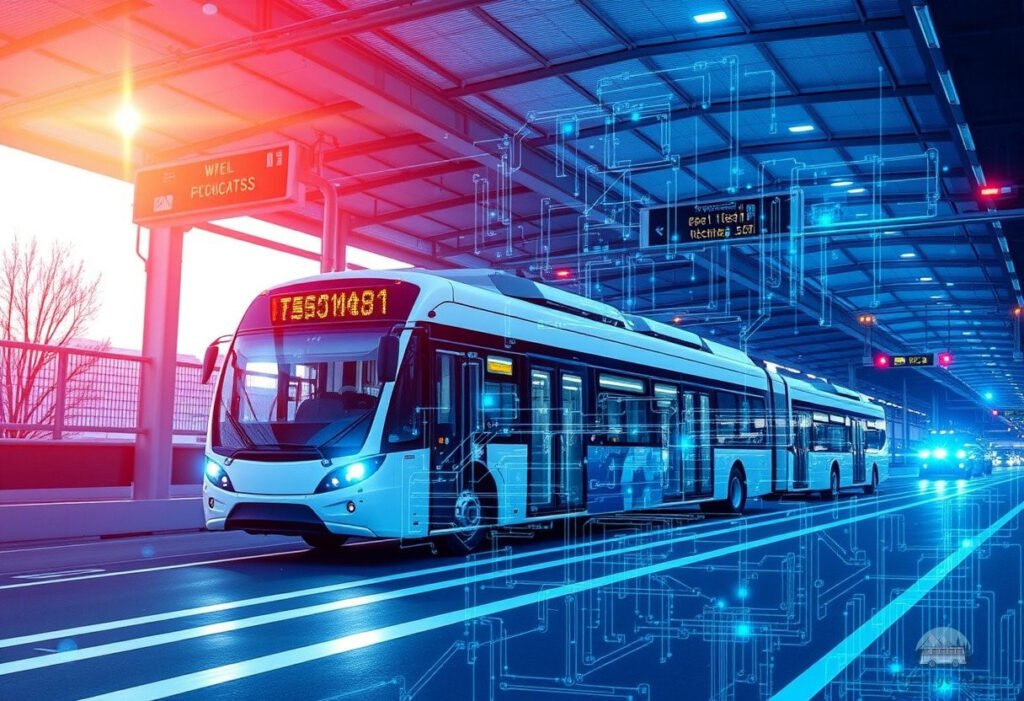Artificial Intelligence in Transport: Transforming Revenue Management in Ground Transportation
In recent years artificial intelligence in transport has become a cornerstone for the development of many industries, including ground transportation. Given the rapidly changing economy and rising customer expectations, companies are increasingly turning to innovative solutions to optimize their operations. AI approaches to revenue management allow not only to more accurately predict demand, but also to improve overall business efficiency.
Benefits of Using AI in Revenue Management
Integration artificial intelligence in transport offers a number of significant advantages:
- Dynamic Pricing: AI allows companies to adapt prices in real time, depending on supply and demand.
- Big Data Analysis: Effective AI algorithms can analyze huge amounts of data to identify trends and patterns.
- Route optimization: Artificial intelligence can predict congestion and optimize routes to improve time costs.
Case: Successful examples of using AI
Many companies are already using it artificial intelligence in transport to increase their competitiveness. One of the striking examples is Uber, which uses AI algorithms to determine optimal prices and routes. According to the company, the implementation of AI approaches has led to a 20% increase in revenue over the past year.

Another good example is LyftThey use machine learning to improve the accuracy of demand forecasts and optimize operational processes. This has resulted in cost savings for 15%, significantly increasing the company's profitability.
The AI Market in Revenue Management
According to a study conducted by the company Statista, the AI market in the transportation industry is projected to be worth $3.5 billion by 2025. But what technologies will be in demand? Let's look at a few key areas:
- Demand Forecasting: Applying Machine Learning Frameworks to Predict the Number of Potential Passengers.
- Business Analysis: Using AI to analyze the cost of transport ownership and optimize costs.
- Automation of operations: Implementation of AI to reduce human factors and errors.
The Impact of Artificial Intelligence on Customers
Application artificial intelligence in transport directly impacts the customer experience. Through accurate predictions and process optimization, passengers receive:
- Reduced waiting time.
- More reasonable and predictable rates.
- Improved security through real-time monitoring.
Thus, the implementation of AI in revenue management is becoming increasingly relevant for companies seeking to improve their market position. In the coming years, the technology is expected to artificial intelligence in transport will continue to accelerate the transformation of the sector, opening up new business opportunities.
For more information on the latest trends in the use of AI, you can read our articles on emerging technologies. We also recommend checking out the latest transport news to stay up to date with the latest developments in this dynamic industry.








